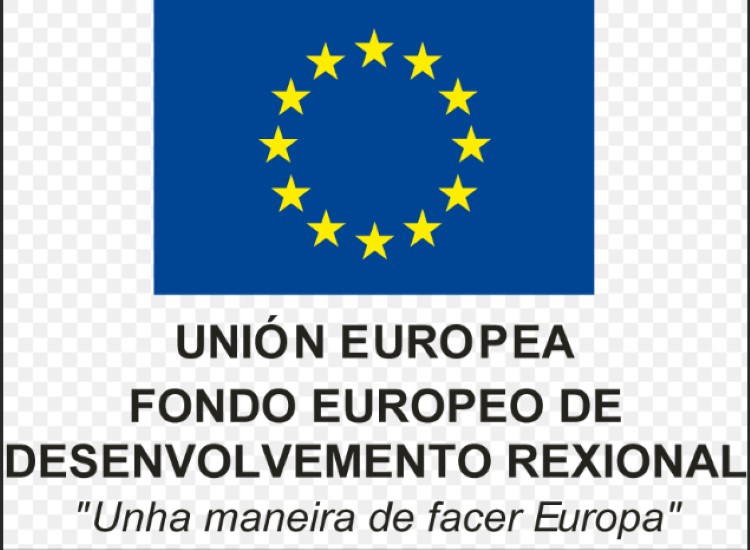The Diplomat
The acting Minister of Foreign Affairs, José Manuel Albares, will try to convince next Tuesday the rest of the EU member states to accept Catalan, Basque and Galician as official languages of the Union, a proposal that will have to overcome the doubts of some community partners.
The Council of the European Union received in mid-August the request of the Spanish Government for the three languages to be recognized as official languages of the Union. The initiative came about, as Albares acknowledged, by virtue of the agreement reached with Junts per Catalunya, Carles Puigdemont’s party, to support the candidacy of the Socialist Francina Armengol to preside over the Congress of Deputies.
For this to be possible (and this was requested by Albares in a letter to the Secretary General of the Council, Thérèse Blanchet), it is necessary to amend the Regulation governing the official languages of the EU. For this reason, the Spanish Presidency managed to introduce in the agenda of the General Affairs Council, scheduled for September 19 in Brussels, a debate, “with a view to its adoption”, on “a request from Spain to amend Regulation No. 1/1958 in order to include Catalan, Basque and Galician in the EU language regime”.
Although Albares himself assured at the end of August that the Government was not aware of the opposition of any Member State to this proposal, the truth is that doubts have begun to arise. So far, only Sweden has spoken out, whose Minister for European Affairs, Jessika Roswall, admitted last Wednesday that her government – chaired by the conservative Ulf Kristersson – is “undecided” on this issue and wishes to examine “in more depth” the “legal and financial” consequences of the proposal. Roswall also recalled that there are “many minority languages that are not official within the EU”.
According to diplomatic sources quoted by the Europa Press agency, other countries have begun to have doubts about an issue in which “there are many questions, few answers and no urgency for anyone except Spain”. This is the case of Belgium or the Netherlands, for whom it is difficult to pronounce on this issue without impact assessments or details on how the entry of three new languages will be “articulated” and how it will affect the functioning of the European Union. Or France, where the recognition of regional languages is a delicate matter and reservations go beyond the technical elements. Besides, as Roswall recalled, Spain is not the only country with minority languages and some delegations fear that this issue will generate a “domino effect” in other regions, a senior official from one member state told Europa Press.
As Albares said, so far no Member State has taken a position against the Spanish proposal and some have been receptive from the outset, but the decision requires the unanimity of the 27 EU Member States and there are several who would prefer to study the process more cautiously. The matter will be discussed today by the Twenty-Seven, at ambassadorial level, in a meeting in which it is foreseeable that the rest of the countries will ask Spain for more specific information on the cost that the inclusion of these three languages would entail for the Community coffers or on the capacity to have sufficient translators and interpreters. If finally approved, both the treaties and the rest of the documentation would have to be translated into Catalan, Galician and Basque, with the consequent cost in human capital.
Besides, in an unusual gesture (Spain is usually represented at such meetings by the Secretary of State for the EU, Pascual Navarro), Albares will participate on Tuesday in the General Affairs Council where the matter will be discussed. The minister himself announced last week in Lugo that he himself would attend in person to “present, explain and defend the Spanish proposal”, in an example of the “political will” of the Government to move it forward. Navarro will participate in the meeting as moderator, representing the Spanish Presidency of the EU, and Albares will defend the Spanish position. The agenda foresees both the debate and the vote, but the Spanish Presidency will be the one to decide whether or not a decision is taken by the 27 during this meeting in Brussels.
The EU currently has 24 official languages. The most similar precedent occurred with Gaelic, which became an official language in 2007, two years after Ireland requested it and more than forty years after the country’s entry into the then European Community.







